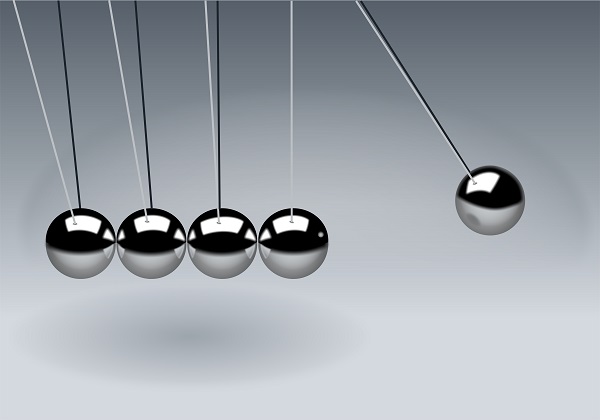Online teaching & learning with virtual reality, whether effective or not, is gaining ground in masses due to many reasons like i) lack of good (knowledge, sincere and hardworking) teachers, ii) insufficient laboratory space and shortage of resources for good experiments, iii) students disinterest in spending specified time in theory & practical classes and iv) availability of online knowledge resources. Students are giving more importance to look for knowledge through internet resources instead of spending class time to listen to boring teacher lectures in the class.
In case of practical also they are satisfied by doing virtual experiments. The trend and importance of not online learning & teaching but also doing theoretical Physics research instead of experiment one has picked up to an unwanted proportion in the lockdown period due to the COVID-19 pandemic. The habit of combining theory and experiments is always an advantage to learn the basic concepts of Physics. Therefore, science learning and teaching in general and physics in particular do not go well with virtual reality. Some of the difficulties being faced by Physics community related to teaching and learning of Physics are summarized as:
- School students can be taught some basic concepts of Physics more easily online but still they need to perform experiments for better understanding of the Physics concepts.
- It will little difficult to teach and learn physics concepts at the college and university level which needs a really close interaction between teacher and student for each and every topic.
- Research scholars who were supposed to finish their dissertations during this time are the most suffers as they will be out of touch of their subject for the lockdown period.
Although the pandemic has had a huge negative impact on everyone’s lives, but there are some positives that could come out of it, particularly in relation to accessibility and disability inclusion. Many assistive technologies and “reasonable adjustments” have now become useful for everybody. In some ways, the able-bodied individuals have been forced to learn from people with disabilities, since we have always had to adapt and be flexible in order to work in environments that are largely inaccessible to us. There is some truth in the idea that the pandemic supports the social model of disability, which holds that attitudes and structures in society are what make people “disabled”, rather than their medical conditions, and that appropriate adjustments and accessibility aids can help overcome this.
The COVID-19 pandemic which is going to stay for long in the society is affecting the personal and professional lives of physicists around the world. Physics-wise, most of theory work continues as usual but the COVID-19 crisis has forced to stop all experimental activities. The lockdown has kept the sincere physicists away from venturing into class and laboratories/experiments which is not liked by them. After unlocking, it may become possible to restart experimental work; however, for the researchers it will be quite difficult to restart the experimental work safely and to limit contaminations via the experimental equipment. Getting everything reorganized after lockdown will be a complicated exercise because it will be difficult to make choices about who will be allowed to go back to the lab, and who has to continue working from home. People have to work hard to instate a series of safety measures in the laboratories in terms of lab space or meeting room, availability of disinfectants to everyone, everyone has to wear a mask at all times etc. in order to avoid corona virus spread. There will be even rules for going up and down staircases to uphold social distancing. As it will be difficult to work in the laboratories by putting globes so it is more important to encourage people to wash their hands frequently. There should also be some sort of live-stream provisions to allow people in the lab to communicate directly with those who are working from home. Several of these new requirements in the laboratories will pose challenges for other safety regulations like in case of accidents.
Lastly, in this time of uncertainty related to experimental work possibility in near future, it will be better for experimental scientists to introduce themselves to the joys of theoretical physics. To remain productive, researcher should move forward with the habit of combining theory and experiments.
